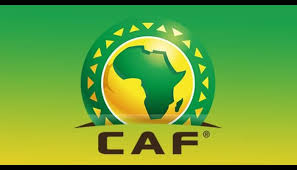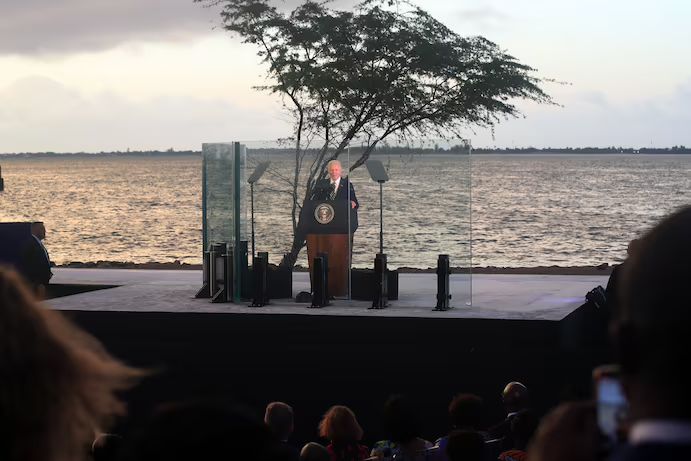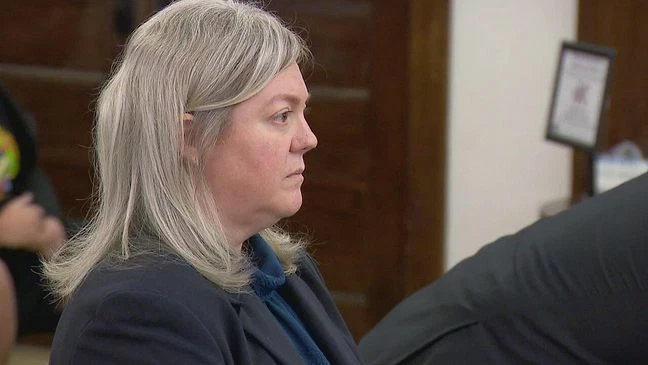CAF Imposes Sanctions on Benin, Libya, and Other Countries for Misconduct

CAF Imposes Sanctions on Benin, Libya, and Other Countries for Misconduct
The Confederation of African Football (CAF) has announced significant sanctions against several national football associations, including those of Benin, Libya, and other countries, following allegations of misconduct and breaches of CAF’s rules and regulations. The sanctions, which range from fines to suspensions, have been imposed in response to various issues related to match-fixing, player eligibility, and administrative failures.
Details of the Sanctions
CAF’s disciplinary committee met earlier this week to review several cases involving misconduct by national teams and their respective football federations. Among the most severe penalties, Benin and Libya were handed substantial fines and were banned from participating in upcoming CAF-organized competitions for a period of time.
The sanctions stem from a range of issues, including match-fixing scandals, instances of fielding ineligible players, and violations of the tournament’s code of conduct during recent African Cup of Nations (AFCON) qualification matches. These violations have raised concerns over the integrity of the continent’s football competitions and prompted the CAF to take decisive action.
Benin, whose national team was involved in a controversial match against a fellow West African team, received a hefty fine and a temporary ban from future qualifying rounds of AFCON and World Cup qualifiers. The sanction follows an investigation into suspicious betting patterns and irregularities during the match in question, which prompted widespread concerns of match manipulation.
Libya, which has faced internal political instability over the past few years, was sanctioned for failing to meet CAF’s requirements for hosting international matches. The country had repeatedly breached regulations concerning player safety and venue conditions during its home games in the ongoing qualifiers, resulting in a suspension from hosting any CAF-affiliated events for the next year.
Several other countries were also found guilty of violating various rules. While some received fines, others were warned about the need to improve their governance structures and ensure the proper conduct of their footballing activities. CAF stressed that it would continue to monitor these countries’ compliance with its standards and would not hesitate to impose further sanctions if necessary.
CAF’s Response and Statement
In a statement released after the sanctions were announced, CAF emphasized its commitment to maintaining the integrity of African football. The organization has made it clear that any form of misconduct or failure to adhere to its regulations would not be tolerated, particularly as the continent prepares for major tournaments in 2025.
“CAF takes any violation of its rules and regulations seriously, as the integrity of the game is paramount to the success and growth of African football. The disciplinary actions taken today are a reminder that all teams, officials, and member associations must adhere to the standards set forth by the Confederation,” said CAF President Patrice Motsepe.
The CAF further outlined that these sanctions aim not only to punish but to encourage better governance and management within the affected national federations. The organization noted that it had offered the concerned federations an opportunity to appeal the decisions, though it is unlikely that the sanctions will be overturned.
Impact on Affected Countries
The sanctions have sent shockwaves through the affected countries, as national teams and football officials grapple with the implications of the penalties. For Benin and Libya, the fines and suspensions could have significant consequences on their ability to compete at the highest level of African football, potentially affecting their preparations for future international competitions.
Benin, in particular, faces a critical period as it looks to rebuild its national team following the setback. The country had shown promising performances in recent AFCON qualifiers, and the ban from future tournaments will hinder its development efforts. The Benin Football Federation (FBF) has expressed disappointment over the decision but has promised to work towards ensuring such violations do not occur again.
Libya’s suspension from hosting matches is also seen as a blow to the nation’s footballing aspirations. The country had been aiming to regain its footing in the African football community, and the inability to host international matches could delay its return to prominence. Libyan football officials have indicated that they plan to work closely with CAF to address the issues raised by the disciplinary committee and to make the necessary improvements in order to lift the ban.
Other countries affected by lesser sanctions will now face increased scrutiny from CAF, and their footballing administrations will likely be required to undergo reforms. The CAF has also highlighted that it will assist these federations in improving their compliance and governance, particularly in the areas of financial management, player welfare, and match organization.
A Call for Reform in African Football
The sanctions have sparked a wider conversation about the governance of African football, particularly regarding issues such as match-fixing and poor administrative practices. Many football pundits and experts have called for stronger oversight and more stringent measures to ensure that African football continues to grow in an ethical and transparent manner.
“We must take this opportunity to reform African football from the ground up. There is a need for better governance, transparency, and accountability at all levels of the game,” said former CAF official Amadou Diouf. “These sanctions should be a wake-up call to all federations that they need to adhere to best practices if they want to see African football reach its full potential.”
As the African football community digests the latest round of sanctions, attention will now shift to how CAF plans to strengthen its monitoring and enforcement mechanisms moving forward. With upcoming major tournaments, including the 2025 AFCON, looming on the horizon, ensuring fair play and compliance will remain a top priority for CAF.
Conclusion
CAF’s imposition of sanctions on Benin, Libya, and other nations marks a significant moment in the ongoing efforts to clean up African football. While the penalties may disrupt the affected countries’ footballing activities, they also represent a firm stance on upholding the integrity of the sport. As African football continues to grow in stature and global recognition, maintaining fairness and transparency will be essential to ensuring its continued success.






